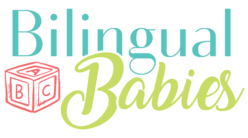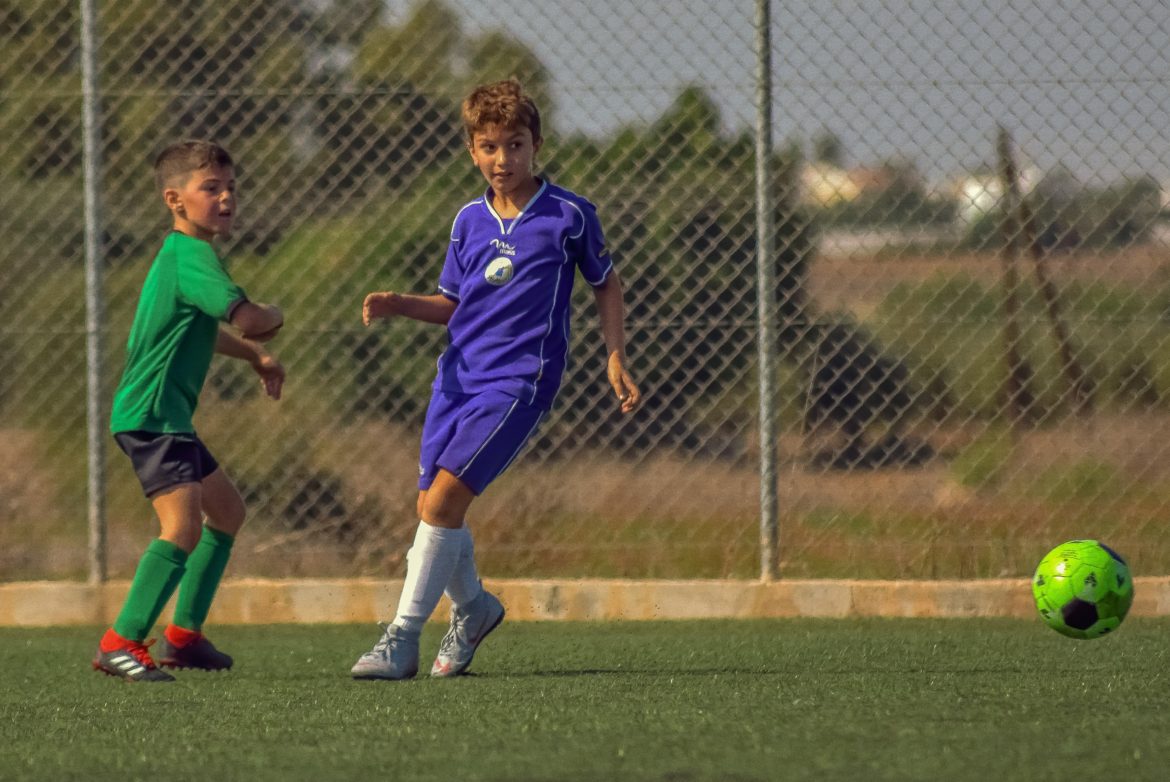As children grow older, it may seem increasingly challenging to keep the minority language part of their everyday lives. This may be even harder if you as a parent have not been constantly speaking the minority language and there is no regular routine. But then, what to do when you want your child to have more exposure to the minority language?
One way to keep it interesting is to combine language with your child’s interests. Language is usually something we use to talk about things. Language itself is not the core area of interest (unless you are a linguist). So try to find something your child is interested in and make the minority language and/or culture part of it.
Here are two examples of moms who worked this angle:
- A fellow mom told me that she had trouble getting her son to speak or do anything in German. She said she had the feeling that nothing in German even registered when she sat down with him to do his homework. One day, she decided to try something else. Her son was very much into sports, especially ice-hockey. So she took him to a New Jersey Devils (the Devils have a German-speaking player). She recalled that he started following that player on Twitter, reading his tweets in German.
- Another mom, also in the United States, once recalled that she used to send her sons (who are now adults) to an immersion summer camp for soccer and surfing in German. The deal was that they could select a summer camp or sport, but she would only pay for the camps if they were either an immersion camp in German or a camp in Germany. She said that it was a bit of a bargain, but a great way to have her sons focus on what they loved while she made sure they would keep up their heritage language.
In short: This approach kills two birds with one stone! Events like the hockey game may be small incentives that can help to deliver a needed push to engage more with the minority language. Longer events like summer camps may have the additional benefit that children make friends who also speak the minority language—another important incentive.
Above all though, this type of approach makes sure to forefront the interest of the child, making language learning a natural part of something that is fun. That way, children may not even realize they are learning or practicing a language.

